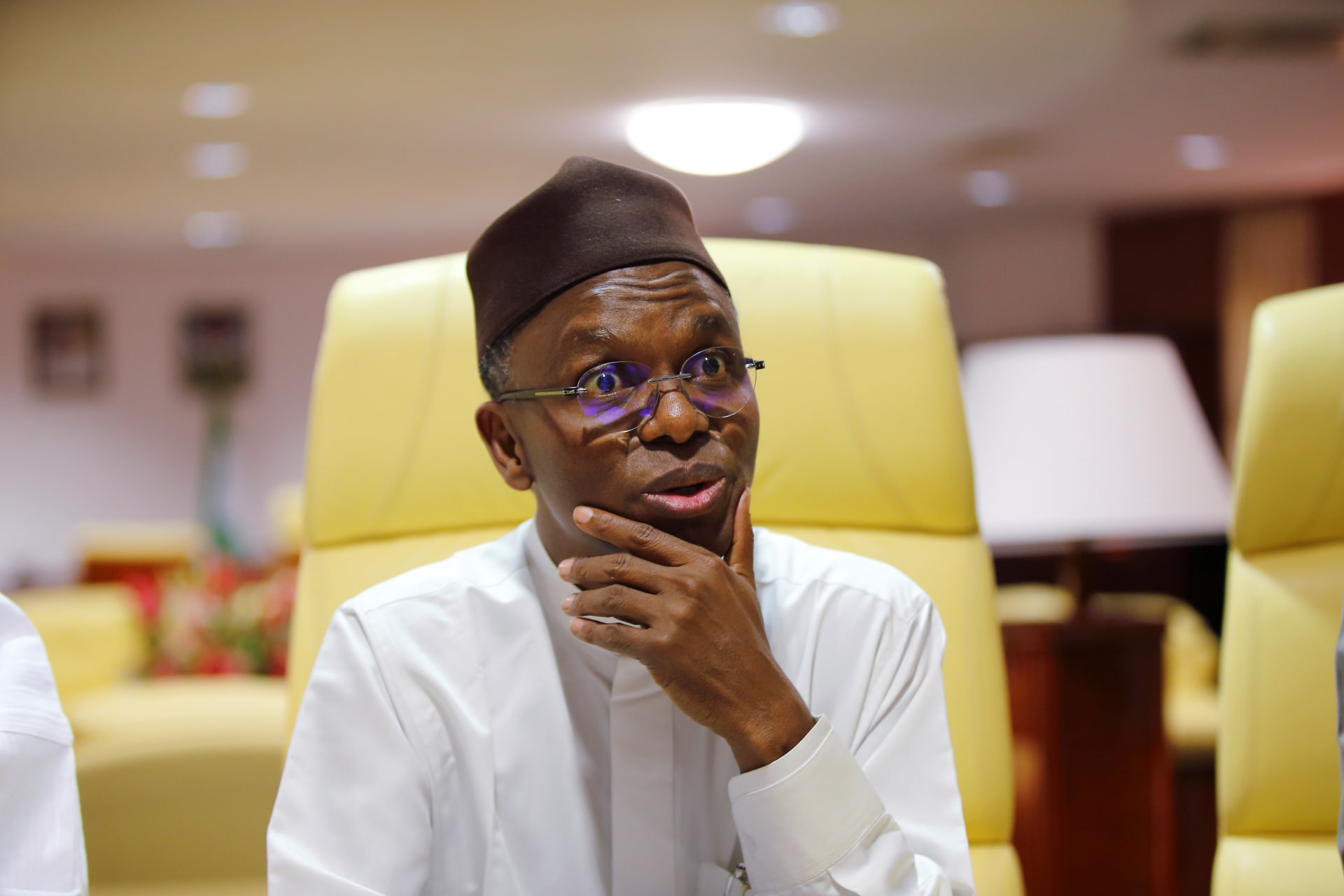More Communal Violence in Nigeria’s Middle Belt

By experts and staff
- Published
By
- John CampbellRalph Bunche Senior Fellow for Africa Policy Studies
International and Nigerian media are reporting that intercommunal violence led to fifty-five deaths in Kasuwan Magani, about thirty kilometers east of Kaduna in Kaduna state. Nigerian media reports that the state authorities have arrested and jailed roughly twenty-two suspects. The violence is likely related to similar violence in February, which left over ten dead and led to the widespread destruction of property. Authorities had arrested around sixty-five suspects in connection to February’s violence, though their cases are still pending.
Nigerian media provides few details as to the cause of the violence, which started in the market near the end of the day. The governor of Kaduna state, Nasir el-Rufai, toured the town with local traditional and religious leaders. He also spoke with leaders of local Christian and Muslim organizations, which in turn have called on their co-religionists to respect and tolerate the beliefs and practices of others, implying that there is a religious dimension to the episode. President Muhammadu Buhari has denounced the violence.
In Kaduna state as elsewhere in the north and Middle Belt, the fault lines are usually, between Muslim, Fulani herders and Christian farmers from smaller ethnic groups, some of which the Fulani historically preyed upon to fuel the slave trade. Violence can fall along religious, occupational, and ethnic lines. There is also a criminal dimension with cattle rustling, though that does not appear to have played a role in this particular episode. Hence it is often unclear whether a victim was killed over land use, ethnicity, religion, as retaliation, or in a robbery.
Perhaps taking a cue from Nigerian media—often southern and Christian in its sympathies—Western media frequently presents a narrative of Fulani aggression against Christians. The reality is often obscure, complicated, and intensely local. Historically, rioters and killers have operated with considerable impunity. With the reported arrest of sixty-five perpetrators in February and twenty-two this week, it is to be hoped that this may be changing. Too often, however, mass arrests have been followed by quiet releases.
It is election season in Nigeria. Voting for the presidency and national assembly will occur in February 2019, followed shortly thereafter in March by gubernatorial and state assembly elections. Buhari is running for reelection against former Vice President Atiku Abubakar, who is heading the ticket of the People’s Democratic Party, which is the chief opposition party, as well as numerous other candidates. When he was elected president in 2015, Buhari vowed to restore security. He is now regularly criticized for his government’s inability to end ethnic clashes, as well as its failure to destroy the radical Islamist group Boko Haram, which continues to be active in the northeast. Thus far there is no evidence of Boko Haram complicity in the Kasuwan Magani violence.